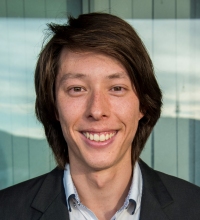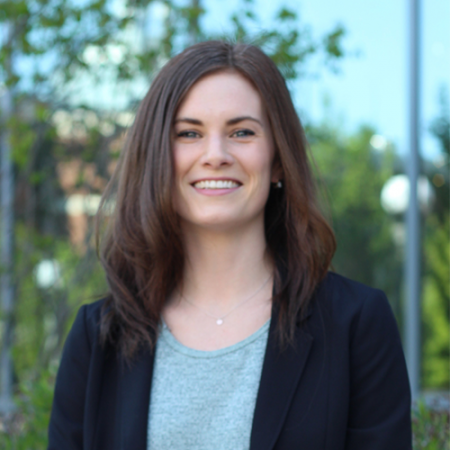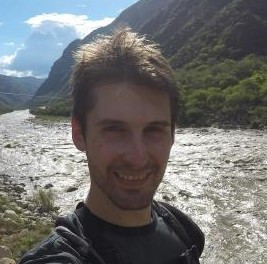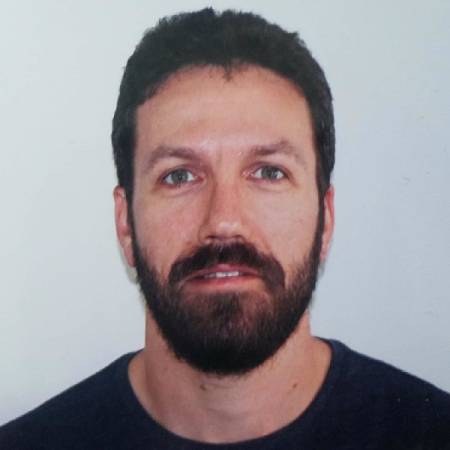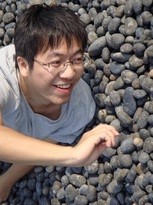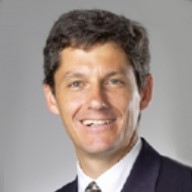Seminar
Active Learning in Robot Motion Control
Abstract: Motion motivated by information needs can be found throughout natural systems, yet there is comparatively little work in robotics on analyzing and synthesizing motion for information. Instead, engineering analysis of robots and animal motion typically depends on defining objectives and rewards in terms of states and errors on states. This is how we formulate [...]
Event Cameras: Image Reconstruction, Convolutions and Color
Abstract: Event cameras are novel, bio-inspired visual sensors, whose pixels output asynchronous and independent timestamped spikes at local intensity changes, called ‘events’. Event cameras offer advantages over conventional frame-based cameras in terms of latency, high dynamic range (HDR) and temporal resolution. Event cameras do not output conventional image frames, thus, image reconstruction from events enables [...]
From Farm to Takeoff: Ground and Aerial Robots for Biological Systems Analysis
Abstract: Biological and agricultural environments are dynamic, unstructured, and uncertain, posing challenges for environmental data collection at the necessary spatial and temporal scales to enable meaningful systems analysis. Small unmanned systems, however, can overcome some of these challenges by enabling autonomous or human-assisted image-based and in situ environmental data collection. This talk will present a suite of [...]
Tracking Beyond Detection
Abstract: The majority of existing vision-based methods perform multi-object tracking in the image domain. Yet, in mobile robotics and autonomous driving scenarios, pixel-precise object localization and trajectory estimation in 3D space are of fundamental importance. Furthermore, the leading paradigms for vision-based multi-object tracking and trajectory prediction heavily rely on object detectors and effectively limit tracking [...]
Exploiting Deviations from Ideal Visual Recurrence
Abstract: Visual repetitions are abundant in our surrounding physical world: small image patches tend to reoccur within a natural image, and across different rescaled versions thereof. Similarly, semantic repetitions appear naturally inside an object class within image datasets, as a result of different views and scales of the same object. We studied deviations from these [...]
Attending to Pixels, Embedding Pixels, Predicting Pixels
Abstract: Nowadays splashy applications heavily depend on meticulously annotated datasets, data-driven and learning-based methods, among which pixel labeling plays an important role yet often lacks interpretability. In this talk, I will discuss how we deal with pixels with better interpretability. Firstly, I'll introduce the pixel embedding framework that allows for clustering pixels into discrete groups [...]
Automatically Supervised Learning: Two more steps on a long journey
Abstract: I will talk about two recent pieces of work that attempt to move towards learning with less reliance on labeled data. In the first, part, I will talk about how the surrogate task of predicting the motion of objects can induce complex representations in neural networks without any labeled data. In the second part of [...]

